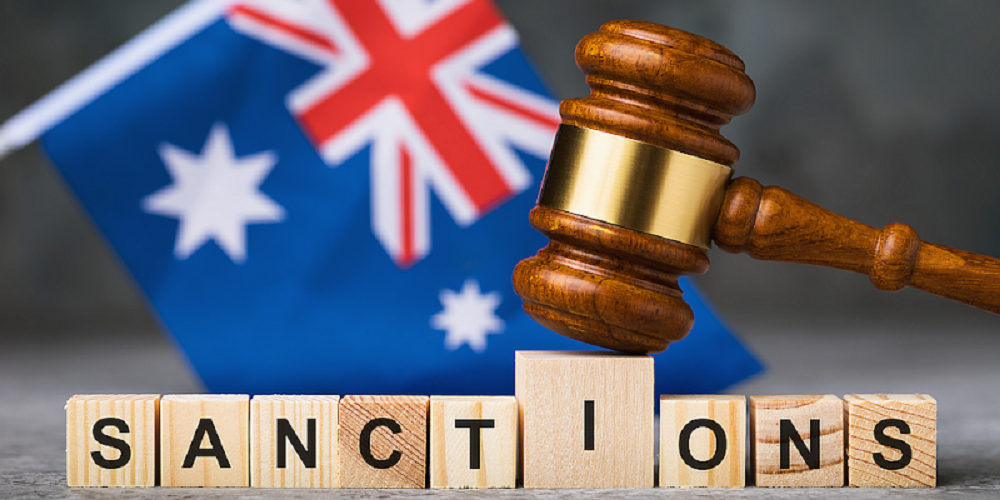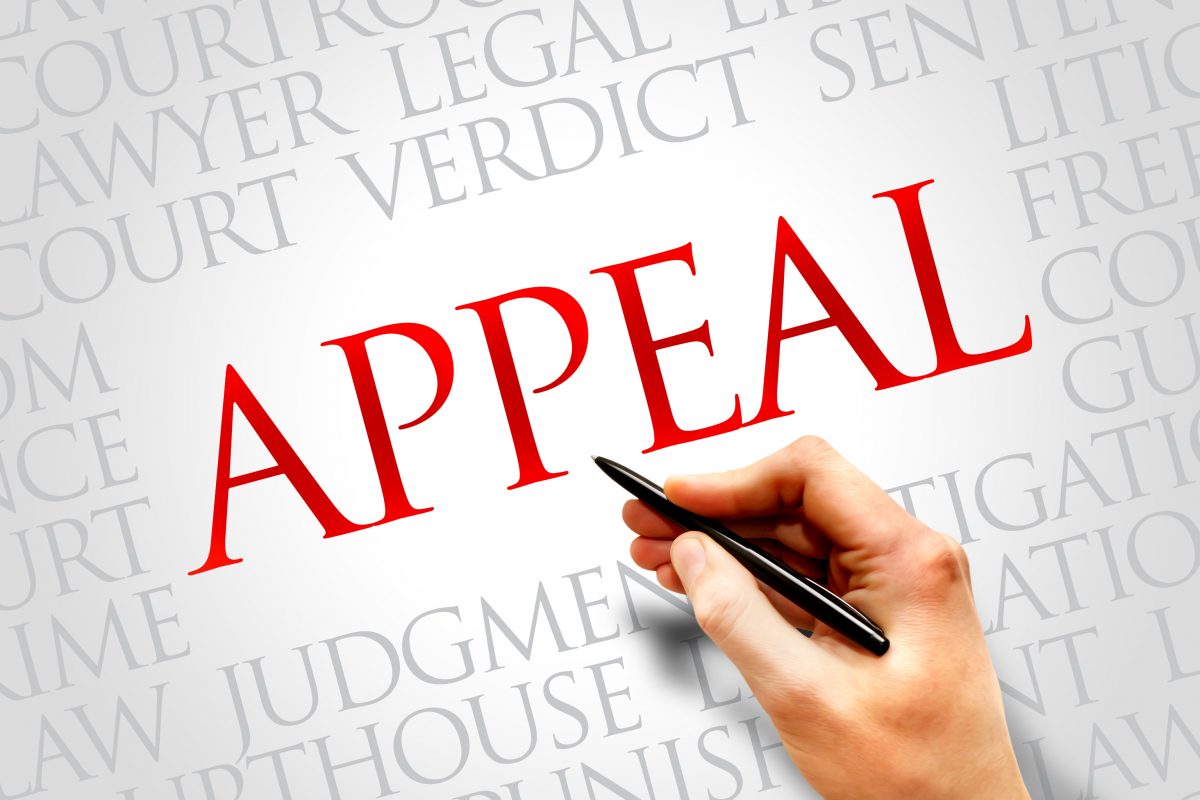How to Appeal Bail Denial in NSW
In New South Wales (NSW), when an individual is arrested and charged with an offense, they may apply for bail to be released from custody while awaiting their trial. However, bail can sometimes be denied by the court, leaving the accused in custody until the trial date. Fortunately, it is possible to appeal a bail denial in NSW, though the process can be complex. This article will provide a comprehensive guide on how to appeal a bail denial in NSW, explaining the appeal process, grounds for appeal, and the steps involved.
What is Bail Denial in NSW?
Bail denial occurs when the court refuses to grant bail to an individual who has been charged with a criminal offense. A bail application is usually heard by a magistrate, and there are various factors that can lead to a bail refusal, such as the seriousness of the crime, the likelihood of reoffending, the risk of the accused fleeing, or the potential threat to the public.
Why Bail May Be Denied
Several factors may contribute to the court’s decision to refuse bail:
Seriousness of the Offense: For serious offenses, such as murder, sexual assault, or large-scale drug trafficking, bail is less likely to be granted.
Risk of Reoffending: If the accused has a history of reoffending, the court may believe they will commit further crimes while on bail.
Flight Risk: The court may deny bail if it believes the accused may flee the jurisdiction to avoid trial.
Risk to Public Safety: If the court believes the accused poses a threat to public safety or witnesses, bail may be denied.

How to Appeal a Bail Denial in NSW
If bail is denied, the accused has the right to appeal the decision. The appeal process involves a review of the initial decision, and in some cases, it may lead to bail being granted. There are two primary ways to appeal a bail denial in NSW:
Appealing to the Supreme Court
Reapplying for Bail in the Local Court
1. Appealing to the Supreme Court
If bail is denied by a magistrate in the Local Court, the accused can appeal the decision to the Supreme Court of NSW. This process is more formal and involves a thorough review of the case. To initiate an appeal to the Supreme Court, the accused must follow specific procedures:
File a Bail Appeal Application: The accused or their lawyer must file an application for bail appeal to the Supreme Court. This application must outline the grounds for the appeal and why the bail decision should be reconsidered.
Submit Supporting Documents: Along with the appeal application, the accused’s legal team may need to provide documents, such as witness statements, evidence of their ties to the community, or evidence of health issues, to strengthen the case for bail.
Appeal Hearing: The Supreme Court will schedule an appeal hearing where the defense can present new arguments or evidence to support granting bail. The prosecution will have the opportunity to argue against bail.
Decision: After hearing the appeal, the Supreme Court will make a decision. If the court grants bail, the accused may be released under certain conditions. If the appeal is unsuccessful, the accused will remain in custody.
2. Reapplying for Bail in the Local Court
In some situations, an accused person may choose to reapply for bail in the Local Court after their initial application has been denied. This is often done when there is new evidence or circumstances that may support the granting of bail. For example, if the accused’s circumstances have changed, such as securing stable employment or finding a suitable surety, these factors may influence the decision on bail.
To reapply for bail, the following steps should be taken:
New Evidence or Changed Circumstances: The applicant must present any new evidence or demonstrate changes in their circumstances that were not considered in the original bail hearing.
File a Bail Application: The application to reapply for bail is submitted to the Local Court. The accused or their legal representative will argue why bail should now be granted.
Bail Hearing: The Local Court will review the new application, consider any additional evidence, and make a decision.
Outcome: The court will either grant bail under specific conditions or refuse bail again. If bail is refused again, the accused may consider an appeal to the Supreme Court.
Grounds for Appeal in NSW Bail Cases
There are various grounds upon which a bail denial may be appealed in NSW. The most common grounds include:
New Evidence or Information
If new evidence or information has come to light since the original bail decision, it may form the basis for an appeal. For example, if there is a new witness or if the accused’s personal circumstances have changed (e.g., family support or health issues), the court may consider granting bail.
Legal Errors in the Bail Decision
If the magistrate made a legal error in their decision, such as incorrectly applying the law or failing to consider relevant factors, the appeal may be successful. A legal error could include overlooking key facts that would make bail appropriate, or misinterpreting the law regarding bail conditions.
Misjudgment of Risk
The appeal may argue that the magistrate misjudged the risks involved, such as the risk of reoffending or flight. If new information suggests that the accused poses a lower risk than initially thought, this could be a valid ground for appeal.
Changed Personal Circumstances
If there have been significant changes in the accused’s personal circumstances that mitigate the risks considered by the court, the appeal can highlight these changes. For example, securing a job or making arrangements for supervised release can influence the court’s decision.
The Role of Legal Representation in Bail Appeals
Legal representation is critical in the bail appeal process. A qualified criminal lawyer will be familiar with the rules and procedures surrounding bail applications and appeals. They will know how to present the best possible case for their client and ensure that all necessary documents and evidence are provided.
A criminal lawyer can:
Advise on the best course of action for appealing a bail denial.
Represent the accused in court and argue for bail based on new evidence or legal grounds.
Provide guidance on the preparation of a strong appeal, including gathering witness statements, expert opinions, or health reports.
How a Lawyer Can Improve the Chances of Bail Being Granted
A lawyer can help improve the chances of bail being granted by:
Ensuring all procedural steps are followed correctly.
Highlighting factors that show the accused’s ties to the community and low risk of flight or reoffending.
Presenting any mitigating circumstances, such as health concerns or family obligations, that may influence the court’s decision.
What Happens After Bail is Granted?
If the appeal is successful and bail is granted, the accused will be released under specific conditions set by the court. These conditions can vary depending on the circumstances but may include:
Reporting regularly to the police
Surrendering passports or other identification documents
Staying within a specific geographic area
Providing a surety (someone who guarantees the accused will attend court)
Failure to comply with these conditions can lead to the accused being arrested again, and they may face further legal consequences.
Conclusion: The Importance of Understanding the Bail Appeal Process
Appealing a bail denial in NSW can be a complex process, but it is a vital legal option for individuals who have been refused bail. Whether appealing to the Supreme Court or reapplying in the Local Court, the appeal process allows for a fresh review of the case. By understanding the grounds for appeal and working with legal professionals, individuals can increase their chances of being granted bail and secure their release pending trial.
Legal representation is crucial in navigating the appeal process, ensuring that all relevant evidence is presented and that the accused’s rights are protected. If you or someone you know is facing a bail denial in NSW, it is important to consult with a criminal lawyer to discuss the best possible steps to take. https://www.sydneyfamilycriminaldefencelawyers.com.au/parenting-children/





